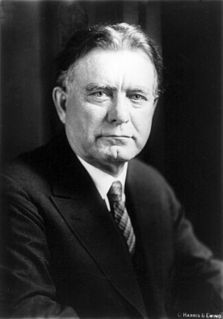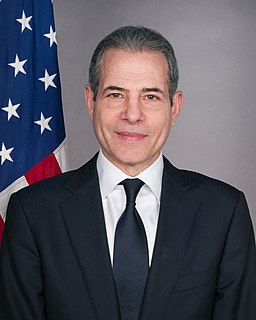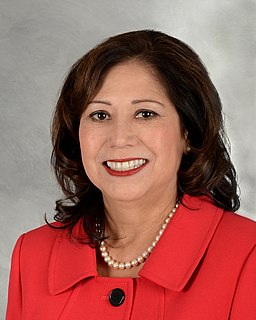A Quote by Joseph Pulitzer
An able, disinterested, public-spirited press, with trained intelligence to know the right and courage to do it, can preserve that public virtue without which popular government is a sham and a mockery
Related Quotes
Our Republic and its press will rise or fall together," Pulitzer wrote. "An able, disinterested, public-spirited press, with trained intelligence to know the right and courage to do it, can preserve that public virtue without which popular government is a sham and a mockery. A cynical, mercenary, demagogic press will produce in time a people as base as itself. The power to mould the future of the Republic will be in the hands of the journalists of future generations.
Public virtue cannot exist in a nation without private, and public virtue is the only foundation of republics. There must be a positive passion for the public good, the public interest, honour, power and glory, established in the minds of the people, or there can be no republican government, nor any real liberty: and this public passion must be superiour to all private passions.
lf the attribute of popular government in peace is virtue, the attribute of popular government in revolution is at one and the same time virtue and terror, virtue without which terror is fatal, terror without which virtue is impotent. The terror is nothing but justice, prompt, severe, inflexible; it is thus an emanation of virtue.
Without an unfettered press, without liberty of speech, all of the outward forms and structures of free institutions are a sham, a pretense - the sheerest mockery. If the press is not free; if speech is not independent and untrammeled; if the mind is shackled or made impotent through fear, it makes no difference under what form of government you live, you are a subject and not a citizen.
The government's assertion that it must be unhindered in protecting our security can camouflage the desire to increase Executive power, while the press's cry of the public's right to know can mask a quest for competitive advantage or a hidden animus. Neither the need to protect our security nor the public's right to know is a blank check.
The president has a right to discuss his national security policies with the public. But that should be done in the light of day without endangering our sources or methods. The public has no need to know details about intelligence assets or special operations units. Such disclosures endanger those who protect us.
It is not necessary for the politician to be the slave of the public's group prejudices, if he can learn how to mold the mind of the voters in conformity with his own ideas of public welfare and public service. The important thing for the statesman of our age is not so much to know how to please the public, but to know how to sway the public. Those who manipulate this unseen mechanism of society constitute an invisible government which is the true ruling power of our country.
Justice is not available to all equally; it is something that many of us must struggle to achieve. As an elected official, I know that fighting for what is just is not always popular but it is necessary; that is the real challenge that public servants face and it is where courage counts the most. Without courage, our action or inaction results in suffering of the few and injustice for all.
Without general elections, without unrestricted freedom of press and assembly, without a free struggle of opinion, life dies out in every public institution, becomes a mere semblance of life, in which only the bureaucracy remains as the active element. Public life gradually falls asleep, a few dozen party leaders of inexhaustible energy and boundless experience direct and rule. Such conditions must inevitably cause a brutalization of public life: attempted assassinations, shootings of hostages, etc.
I always felt, and I still feel, that the media doesn't belong in a public official's private life. It's a very difficult balance, because if you are elected to public office, people have a right to know a great deal about you, and the press has an absolute obligation to report all of that. But the reality is that there are times in which the reporting is really happening for almost voyeuristic reasons, in the gossip columns. Maybe half of it is wrong, and half of it is correct, and a lot of it is exaggerated. You've just got to get used to that if you're in public life.
Let us hold fast the great truth, that communities are responsible, as well as individuals; that no government is respectable which is not just. Without unspotted purity of public faith, without sacred public principle, fidelity, and honor, no machinery of laws, can give dignity to political society.

































